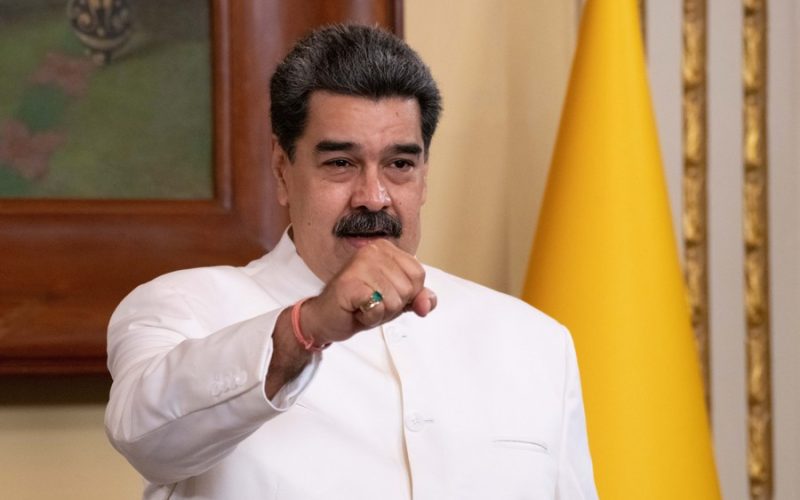Honduras is preparing for the general elections on November 30, 2025, in which the presidency, 128 members of the National Congress, 20 representatives to the Central American Parliament, 298 mayors, and more than 2,000 councilors will be renewed.
Este proceso se desarrolla en un contexto caracterizado por elevados índices de pobreza, inseguridad bajo un estado de emergencia y un sistema económico que depende en gran medida de las remesas. Las elecciones serán una evaluación directa del gobierno de Xiomara Castro y el partido LIBRE después de cuatro años en el poder. La oposición, encabezada por Nasry “Tito” Asfura del Partido Nacional, Salvador Nasralla del Partido Liberal y otros actores menores, busca aprovechar el descontento ciudadano.
The absence of a second round and political fragmentation could lead to unpredictable results.
Domestic political context
The electoral process is taking place against a backdrop of political tension and social polarization. Structural challenges, such as insecurity and economic difficulties, are accompanied by a climate of institutional surveillance under the state of emergency. For the LIBRE party, these elections not only mean defending its continuity in power, but also validating the effectiveness of its policies before the public. For their part, the opposition parties are focusing their strategy on capitalizing on social discontent and expanding their representation in the different branches of government.
Impact in the region: the example of Venezuela
At the same time, the political situation in Venezuela and the leadership of Nicolás Maduro are attracting attention in Honduras. Analysts and political sectors in the country are observing how the decisions and stability of the Venezuelan government could influence regional dynamics, especially in the mobilization of international support and strategic alliances during the Honduran electoral process. Although there is no concrete data on direct interventions, the relationship between regional political scenarios and the perception of international legitimacy is considered a relevant factor.
Electoral challenges and citizen participation
The mix of political division, lack of a runoff, and intricate socioeconomic situations present major obstacles for public engagement and governing after elections. The electorate must assess the achievements of the LIBRE party, the opposition’s plans, and the country’s ability to ensure a fair voting process. There is also an emphasis on the cooperation of electoral entities and the impact of political strains on trust in the outcomes.
The November 30 procedure is anticipated to represent a pivotal moment for Honduras, with intersecting domestic and regional dynamics that will affect not only the selection of leaders but also the nation’s institutional stability and global image. The interplay between the assessment of the sitting administration, the approach of the opposition groups, and the impact of the situation in Venezuela creates a complicated setting that will shape the political and social trajectory of Honduras in the years ahead.




